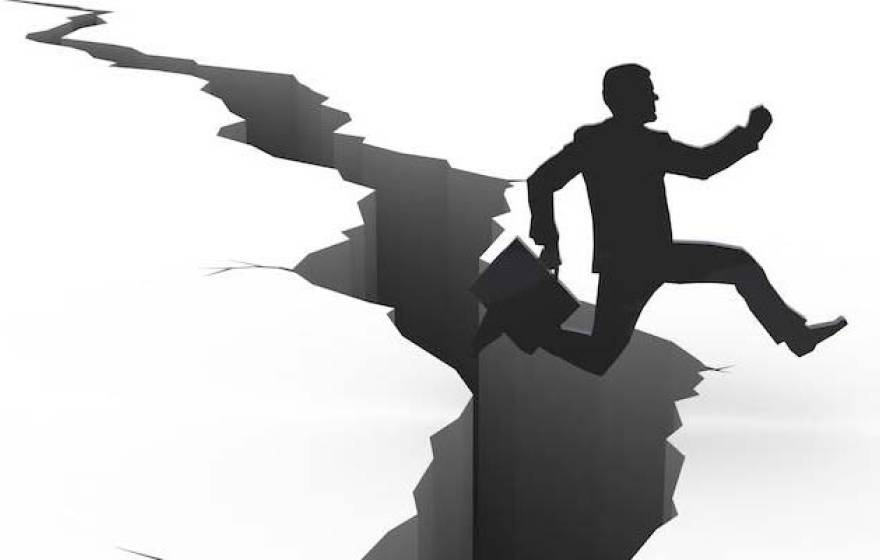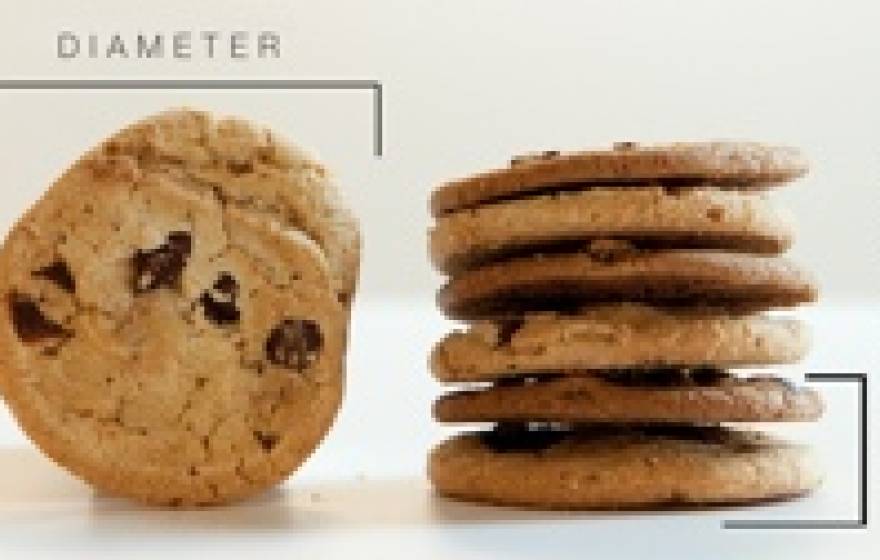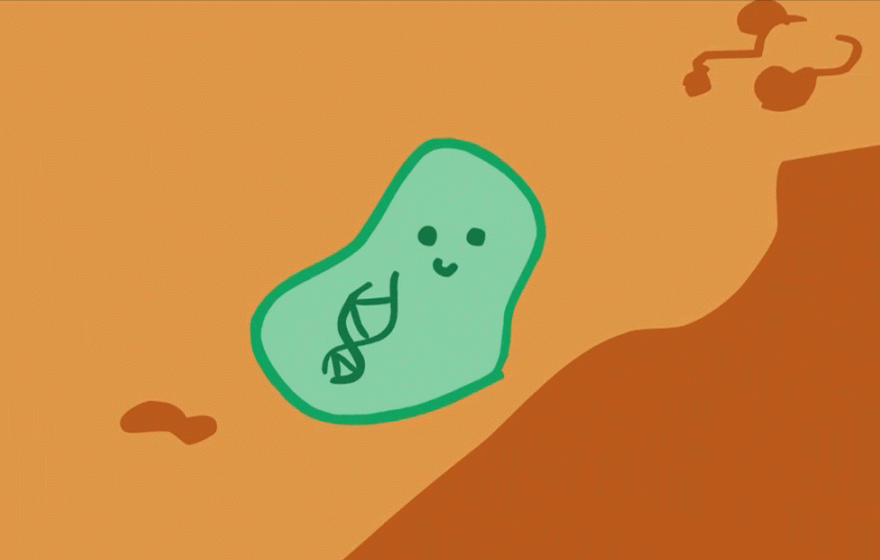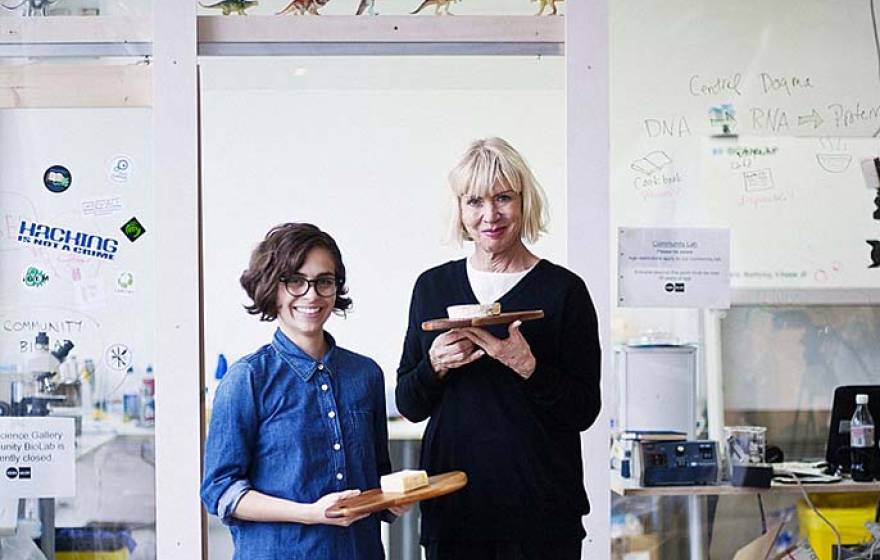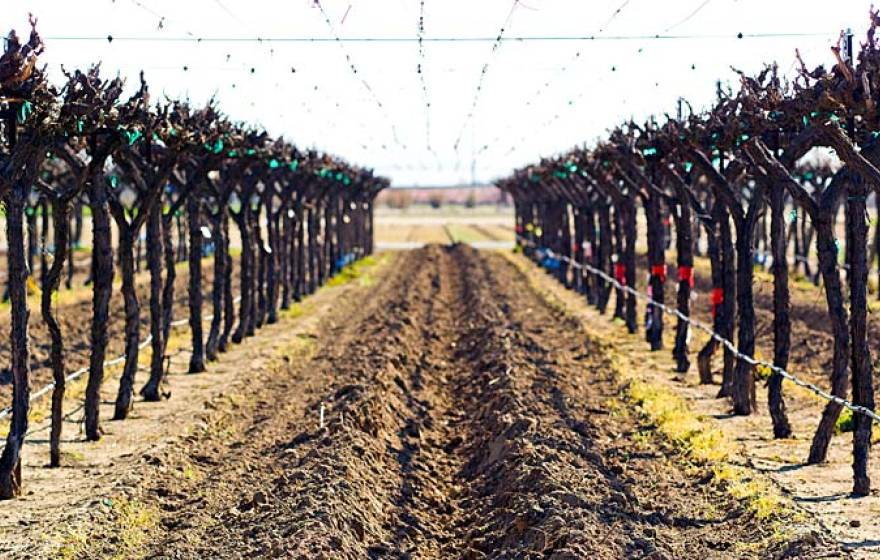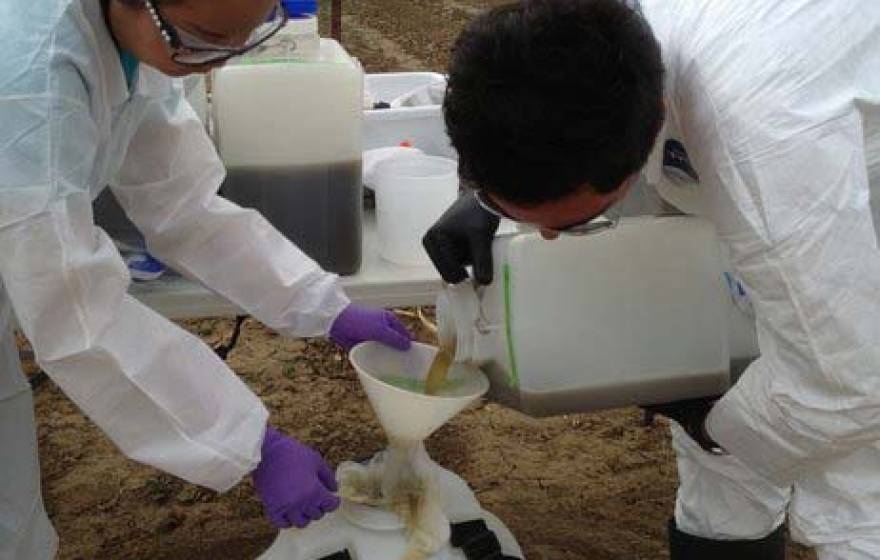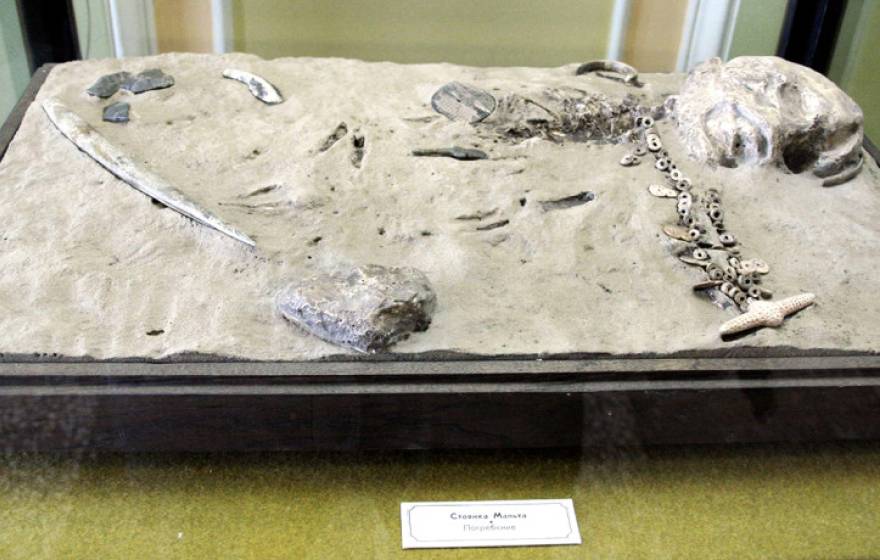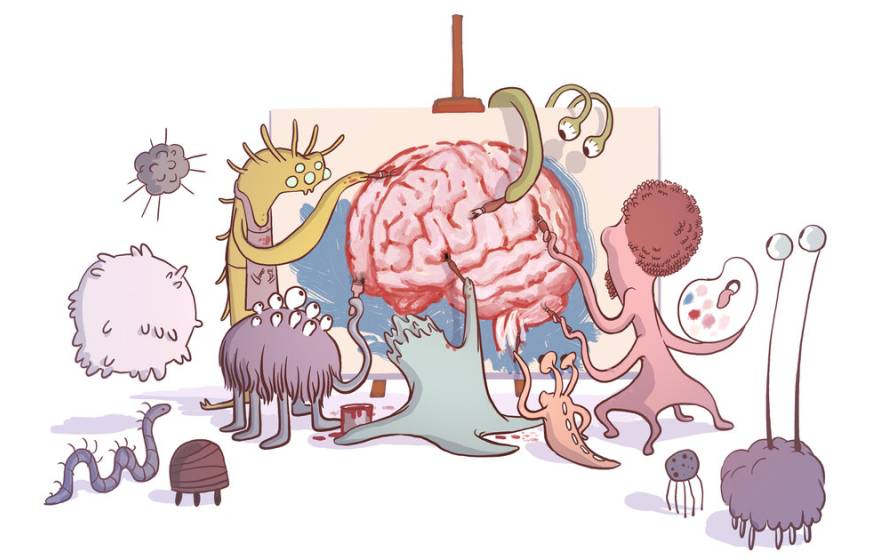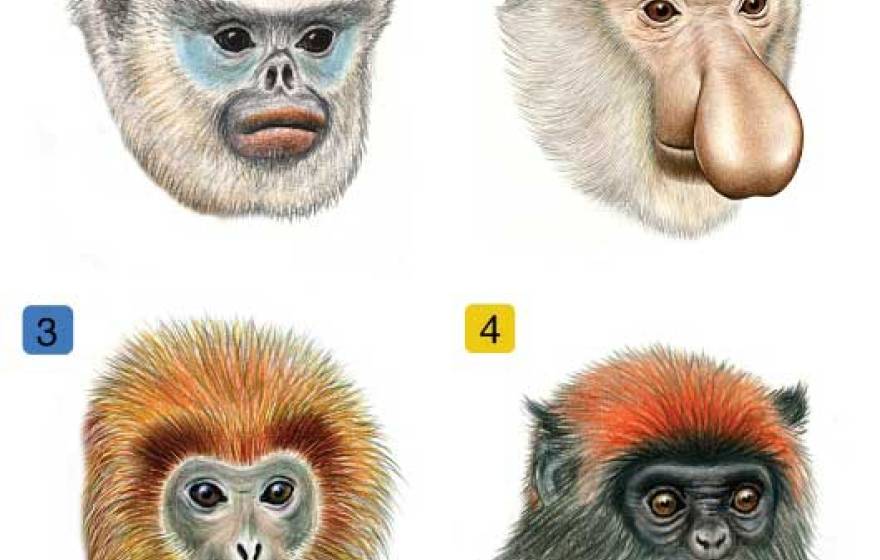California Magazine |
Quake alert? There'll soon be an app for that
Smartphone technology will make it easier to expand early-warning networks.
NPR |
How to engineer the perfect cookie
The food and science folks at UCLA extend their expertise to cookies. Chemistry, they say, is the key to great baking.
KCET |
Race, class, fear and shame: transit barriers
UC Irvine study reveals bias against public transit trumps convenience and transit-first urban planning.
New York Times |
The troubles of building where faults collide
A stalled project to build two skyscrapers has become a symbol of whether developers can withstand the complications of working in quake-prone L.A.
UC Research Tumblr |
Microbial Dark Matter Video
Researchers estimate there are more undiscovered microbes on earth than stars in the sky, and UC scientists are part of the effort to illuminate this microbial "dark matter."
NPR |
Would You Eat Michael Pollan Microbe Cheese?
Making your own cheese and yogurt is all the rage. Now a UCLA scientist has taken the DIY craze to an entirely new level: making cheeses using the microcritters on human skin.
UC Davis |
Grape microbes add to wine's distinctive terroir
The microbial communities living on the surface of grapes may shape a wine’s terroir — the unique blend of vineyard soil and climate of every winegrowing region.
NPR |
Slathering spinach fields in poop, in the name of science
UC Davis scientists are mixing raw manure with salad greens in order to help protect us from E. coli and other food-borne bacteria.
UC Riverside |
License to ill
Firms that engaged in prior socially responsible behavior are more likely to then engage in socially irresponsible behavior.
Futurity |
Boy's 24,000-year-old skeleton links Native Americans to Siberia
Nearly 30 percent of modern Native Americans' ancestry came from this youngster’s gene pool.
National Public Radio |
Gut bacteria might guide the workings of our minds
Could the microbes that inhabit our guts help explain that old idea of "gut feelings?" There's growing evidence that gut bacteria really might influence our minds.
UCLA |
Biologists find an evolutionary Facebook for monkeys and apes
For Old World primates, the variety and complexity of their facial colors and patterns play a major role in helping them identify members of their own species and communicate with one another.
